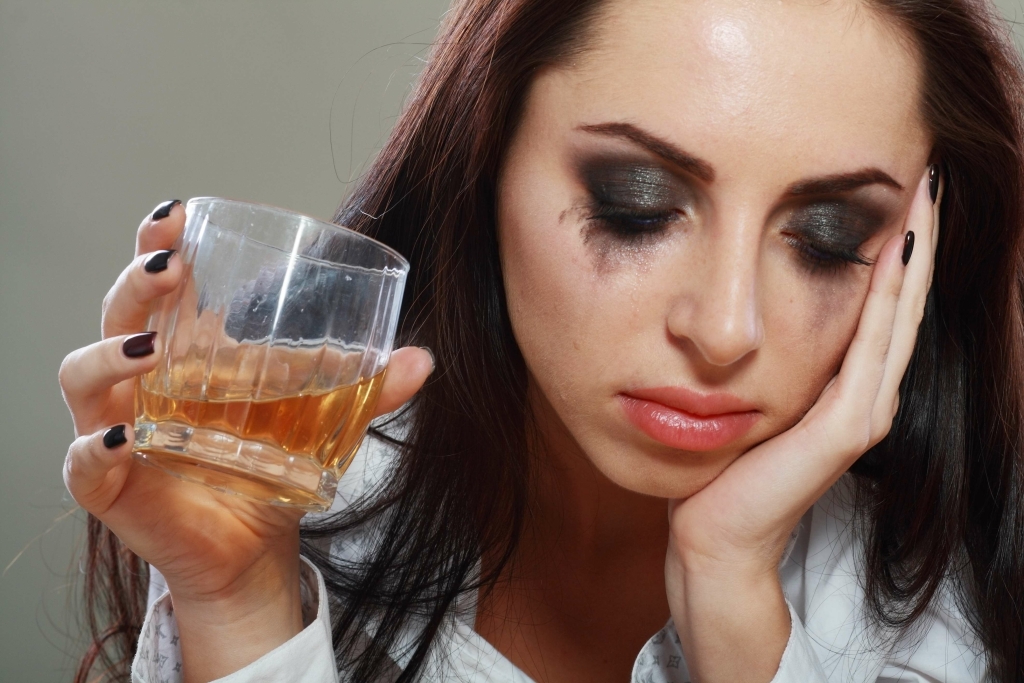Beer Sneezes: What Do They Mean?
It could be a sign that you actually have an allergy, or an intolerance. Lowering your risk of asthma and allergy symptoms involves proactive management of your health and environment. This includes regular use of prescribed medication, avoiding known triggers, and maintaining a healthy lifestyle. Drinking alcohol with allergies may increase symptom severity, as alcohol can cause blood vessels to expand, leading to nasal congestion. It may also interact negatively with allergy medications, causing drowsiness, dizziness, or more serious side effects.
What Is Gluten Free Beer…
However, in people with an alcohol allergy, the system mistakenly produces antibodies to attack alcohol following exposure to the substance, triggering various symptoms. Allergies to ethanol, the type of alcohol found in drinks, are exceedingly rare. Most reactions are caused by other compounds found in alcoholic beverages, says Heffron. Alcohol is a common trigger for sneezing in some people, and the reasons behind this reaction can vary. While sneezing after consuming alcohol is not typically a serious issue, understanding the underlying causes can help shed light on why it happens. White wine has been around for centuries and is enjoyed by many people worldwide.
How to Sneeze?
It is important to determine whether you are allergic to a specific ingredient in the beer or if it is due to an interaction with medication. If you are experiencing any of these symptoms after consuming alcohol and you are unsure of the cause, it is recommended to raise your concerns with your doctor. Histamine intolerance occurs when an individual has too much histamine in their body.
Why Do I Get Stuffy Nose & Nasal Congestion After Drinking Alcohol?
For those with severe allergies or asthma, sulfite intolerance can be life-threatening. For mild cases of sulfite drug addiction treatment intolerance, avoiding products with added sulfites may provide relief. In some cases, symptoms may be the result of an underlying condition that can be managed with proper medical treatment. For example, a person with histamine intolerance can experience adverse reactions when drinking alcohol because their body is unable to process the histamine in certain types of drinks.
- Additionally, when you consume alcoholic beverages, your blood vessels widen and cause more blood to flow to the nasal tissues, leading to additional swelling.
- We should not fight this reflex because it is aimed at helping the body cope with external factors, the presence of which inside the respiratory tract could make breathing difficult.
- These range from heart and liver damage to a greater risk of certain cancers.
- An allergic reaction might not occur the first time a person encounters an allergen.
If stuffy nose is accompanied with bleeding form nose, consult your physician immediately. The good news is that alcohol intolerance isn’t too much of a concern. The bad news is that you sneezing after drinking alcohol can’t really do much about it, or that unwelcome nasal congestion that comes along with it, aside from just not drinking alcohol. The many ingredients in beer make an allergy to one of the specific ingredients more likely. An allergy or intolerance to alcohol is not always responsible for symptoms occurring after drinking alcohol. An allergic reaction might not occur the first time a person encounters an allergen.

How To Tornado A Beer?
Ultimately, each person’s reaction to alcohol can vary, so understanding your body’s unique response is key. This can often seem to happen out of nowhere and can be quite alarming. If someone believes they have an alcohol allergy or intolerance, they should stop drinking alcoholic drinks and visit their healthcare provider for testing and advice. The symptoms are similar to those caused by histamine intolerance and can easily be confused with allergy-like symptoms. Doing a test can confirm or deny the actual cause of the alcohol intolerance. As you can imagine, this can turn quite dangerous if the dizziness is severe.
Why do I sneeze when I drink alcohol?
- Allergy testing is a safe and effective way to diagnose allergies and can provide relief from uncomfortable symptoms.
- Wine allergy symptoms can range from mild to severe, and in extreme cases may even lead to anaphylaxis.
- We use a pharmacist-formulated blend of Quercetin, Bromelain, Dihydromyricetin, Cysteine, L-Theanine, & B Vitamins to stop alcohol flushing before it can begin.
After sneezing, it’s best to return to the conversation as if nothing happened, and those around should also pretend not to have noticed. Sneezing is usually preceded by tickling or itching inside the nasal cavity, and a moment later, air is released under pressure. We should not fight this reflex because it is aimed at helping the body cope with external factors, the presence of which inside the respiratory tract could make breathing difficult.

If you’ve ever noticed your nose gets more congested after you have a glass of wine (or other alcohol), you’re not alone! Quick diagnosis and appropriate treatment will free you from persistent sneezing and prevent further development of the disease and its possible complications. If an allergy to an ingredient in alcohol is suspected, an allergy test may be recommended. A blood allergy test, also called a specific IgE test, is a powerful diagnostic tool that can pinpoint what allergen may be causing your symptoms. This test measures the concentration of IgE antibodies in the blood that indicates a sensitization to a specific allergen.
In addition, some people find that the alcohol in these drinks irritates their nose, leading to sneezing. In addition, beer is often brewed with hops, comprising a compound called lupulin. This dilation occurs first in the brain, so you may feel flushed or warm after only a few sips of alcohol. The dilation then extends to blood vessels throughout your body, including those in your nose.
Allergy Symptom Questionnaire
Acetaldehyde is then transformed by the body to acetic acid (vinegar). Problems occur if alcohol cannot be broken down properly as acetaldehyde can build up and cause adverse effects. When eating out, they should make a point of asking about ingredients to make sure they do not contain alcohol, because even a small amount can cause a reaction. Just as grapes can become wine, table fruit that becomes too ripe might contain enough alcohol to cause a reaction in someone with an alcohol allergy.
